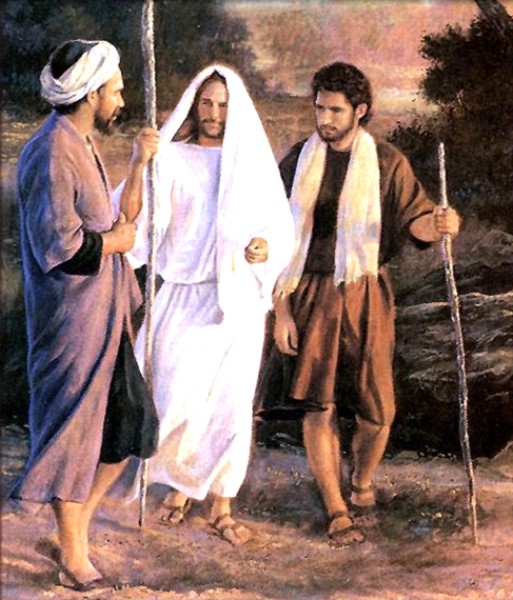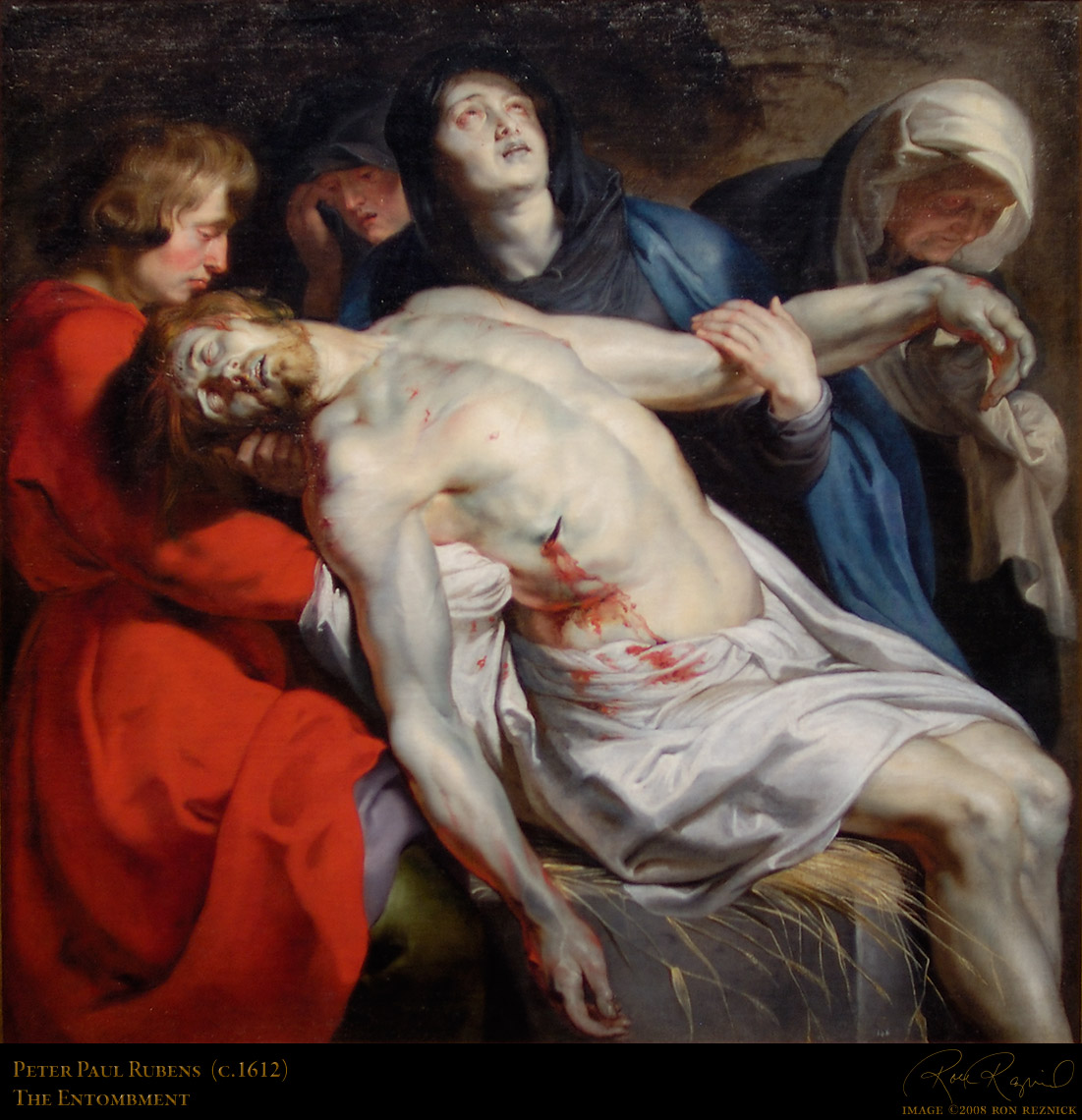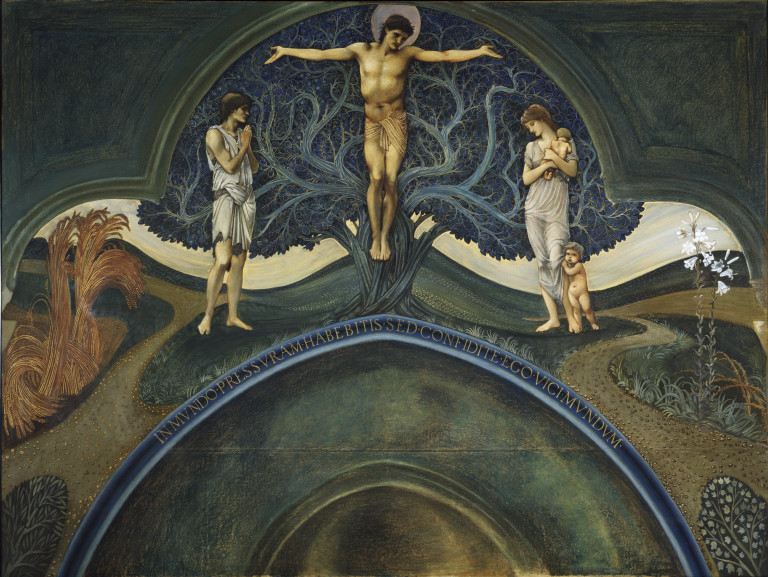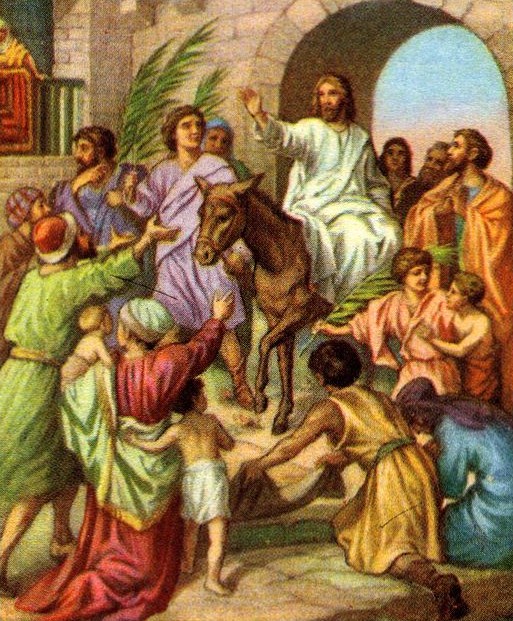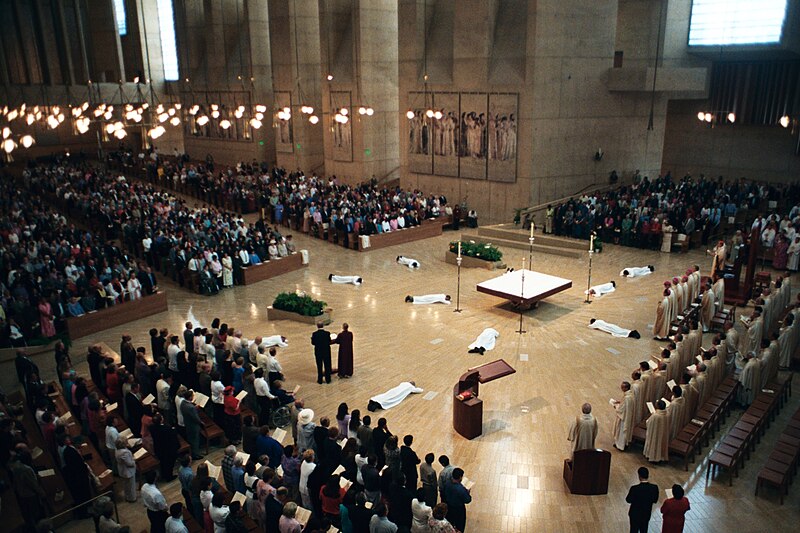| By Neznani slikar [Public domain], via Wikimedia Commons |
This post itself is slightly delayed, but I'm sure you'll forgive me. I want to talk to you about Halloween. Specifically, I want to talk to you about a certain trend that's been around for quite some time. The trend goes like this, a church wants to have celebrations for kids that are safe and fun on the night of the year that Halloween happens. This church, however, believes that Halloween is pagan and decides instead to have a "Harvest Festival."
The practices of these Harvest Festivals are, on the whole, not much different from Halloween, except children and adults might be discouraged from wearing monster and witch costumes.
There's a problem with this though. The problem is they have it all backwards. It's true that Halloween has its roots historically in a pagan festival of the dead, specifically that of Samhain. The latter was a Celtic festival of the dead, and it literally means "summer's end."
The old church, with the understanding they applied to the creation of many of their holidays, used the summer's end festival to create a different and distinctly Christian holiday. This holiday would celebrate a distinctly Christian doctrine - namely that of the communion of all saints (which is one of those creedal doctrines that is essentially core to the faith). This day, November 1st, was All Saints Day, and celebrates the holistic communion between all the saints extended throughout history and geography - the catholic communion. There was another name for this day - All Hallows Day. The night before, then, was All Hallows Eve, which shortened is Halloween. Of course, the separation wasn't perfect, pagan rites did make their way into the celebration, and Halloween itself became a festival for the memory of those in purgatory. Naturally we Protestants wouldn't care for that part.
Call it a Harvest Festival, though, and at least in your name you get rid of the distinctly Christian element, and go straight back to the pagan celebration of seasons. To call it "harvest festival" is to be more pagan than to call it Halloween.
Don't get me wrong, what is pagan isn't necessarily bad. After all, to use a Medieval analogy, the gold of the Egyptians was pagan, but the Hebrews were able to take it and put it to better use in the service of God. To take a time of year dedicated to the celebration of the dead spirits, and baptize it towards the celebration of the communion of Saints is a beautiful and characteristically Christian activity. There is also, as I've talked about before, a sacramental quality to the macabre.
So celebrate Halloween. If you want to call it a Harvest Festival, fine, but don't think you're somehow making it less pagan if you do so. Most of all, if you call it a Harvest Festival, don't forget what it's about. Don't miss celebrating the communion of saints for a secular candy gorge (though don't forget to gorge on candy either, bodies are important and the celebration of the good material things in this world is also a very Christian thing).






